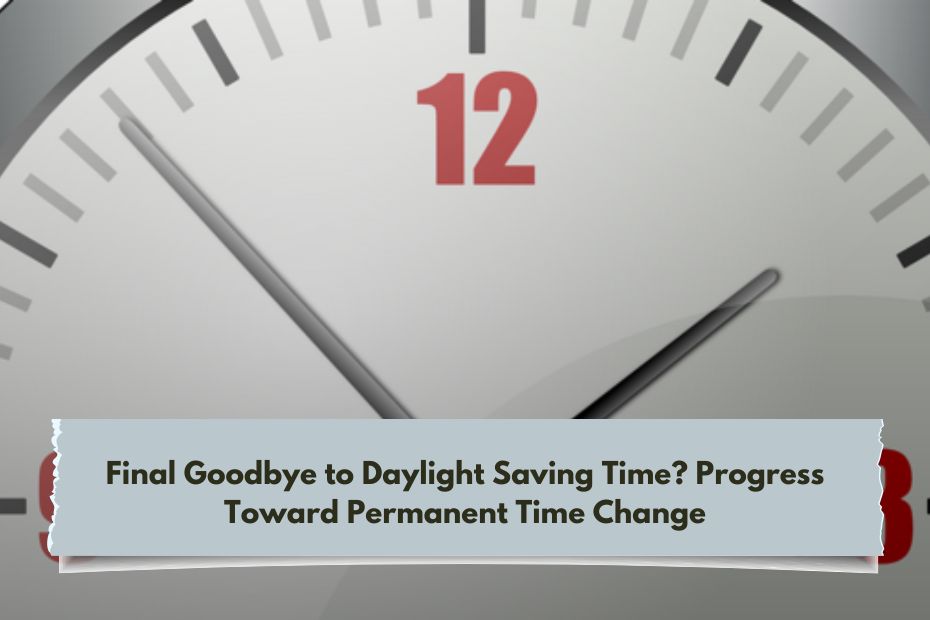The debate over ending biannual clock changes in the United States has gained momentum, with many states advocating for a switch to permanent time. This issue has sparked discussions on health, productivity, and public opinion, as well as legislative action at both state and federal levels.
Health Implications of Permanent Time Changes
Disruption of Circadian Rhythm
Switching to a permanent time could disrupt our natural sleep cycles. According to the American Academy of Sleep Medicine, aligning with permanent standard time rather than Daylight Saving Time (DST) is healthier as it supports our internal biological rhythms.
Increased Health Risks
Studies show that time changes can lead to cardiovascular issues like heart attacks and strokes. A report in the Journal of Clinical Sleep Medicine links schedule changes to these risks, emphasizing the potential dangers of disrupting our sleep patterns.
Mental Health Concerns
Non-conformity with natural daylight cycles, especially under a summer schedule, may increase depression rates. Research published in the Journal of Health Economics highlights how such misalignment affects mental well-being.
Legislative Efforts Toward Permanent Time
State Actions
As of 2023, 19 states, including Florida, Washington, and California, have passed laws supporting permanent DST. However, federal law requires congressional approval for these changes.
Federal Initiatives
The Sunshine Protection Act, introduced by Senator Marco Rubio, aims to make DST permanent across the country. Although it passed the Senate in 2022, it has faced delays in the House of Representatives.
Key Dates and Figures
| Aspect | Details |
|---|---|
| States Supporting DST | 19 states as of 2023 |
| Federal Bill | Sunshine Protection Act (Introduced in 2022) |
| Public Support | 68% favor ending time changes |
Public Opinion and Expert Recommendations
What People Think
According to a YouGov poll, 68% of Americans favor ending biannual time changes. However, opinions are split between preferring permanent DST or standard time.
Expert Recommendations
Health experts advocate for permanent standard time, as it aligns better with natural biological rhythms and reduces health risks.
Conclusion
The debate over adopting a permanent time system in the United States is a complex issue involving health, legislative hurdles, and public opinion. While 19 states have taken steps to advocate for permanent DST, federal approval remains a challenge. Experts lean toward permanent standard time to better support natural rhythms and reduce health risks. This ongoing discussion will continue to shape future policy.
FAQ’s
What is the Sunshine Protection Act?
The Sunshine Protection Act is a bill introduced to make Daylight Saving Time permanent across the U.S.
Which states support permanent Daylight Saving Time?
As of 2023, 19 states, including Florida and California, support permanent DST.
Why do health experts prefer standard time over DST?
Standard time aligns better with our natural circadian rhythms, reducing health risks like heart attacks and depression.

